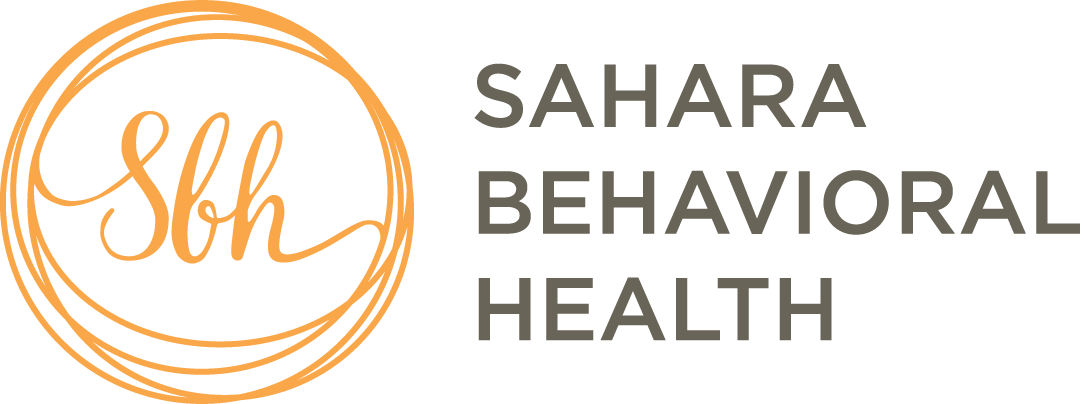Cociane Addiction
Cocaine addiction manifests with physical, emotional, and behavioral symptoms. Someone who uses cocaine frequently will develop a dependence on it, meaning they need to have it in order to feel normal. Once someone becomes addicted to cocaine, it is very hard to stop because cocaine abnormally increases the level of dopamine in the brain, and reprograms the brains reward system.
Cocaine use can negatively affect mental health and psychological well-being, significantly. Changes in behavior including mood swings, financial stresses, depression, paranoia and anxiety, negatively impact the persons life. Many patients who struggle with cocaine addiction benefit from our integrated care approach for substance and mental health disorders.
Medications
While there are no medications designed specifically to treat cocaine addiction, some medications with other purposes can be helpful, such as antidepressants and alchohol use disorder medications.
TMS
Transcranial Magnetic Stimulation (TMS) has been found to be an effective treatment for cocaine addiction. TMS targets the impulse and reward areas of the brain that are negatively impacted by cocaine use and can work to regulate and restore those areas to proper function.

